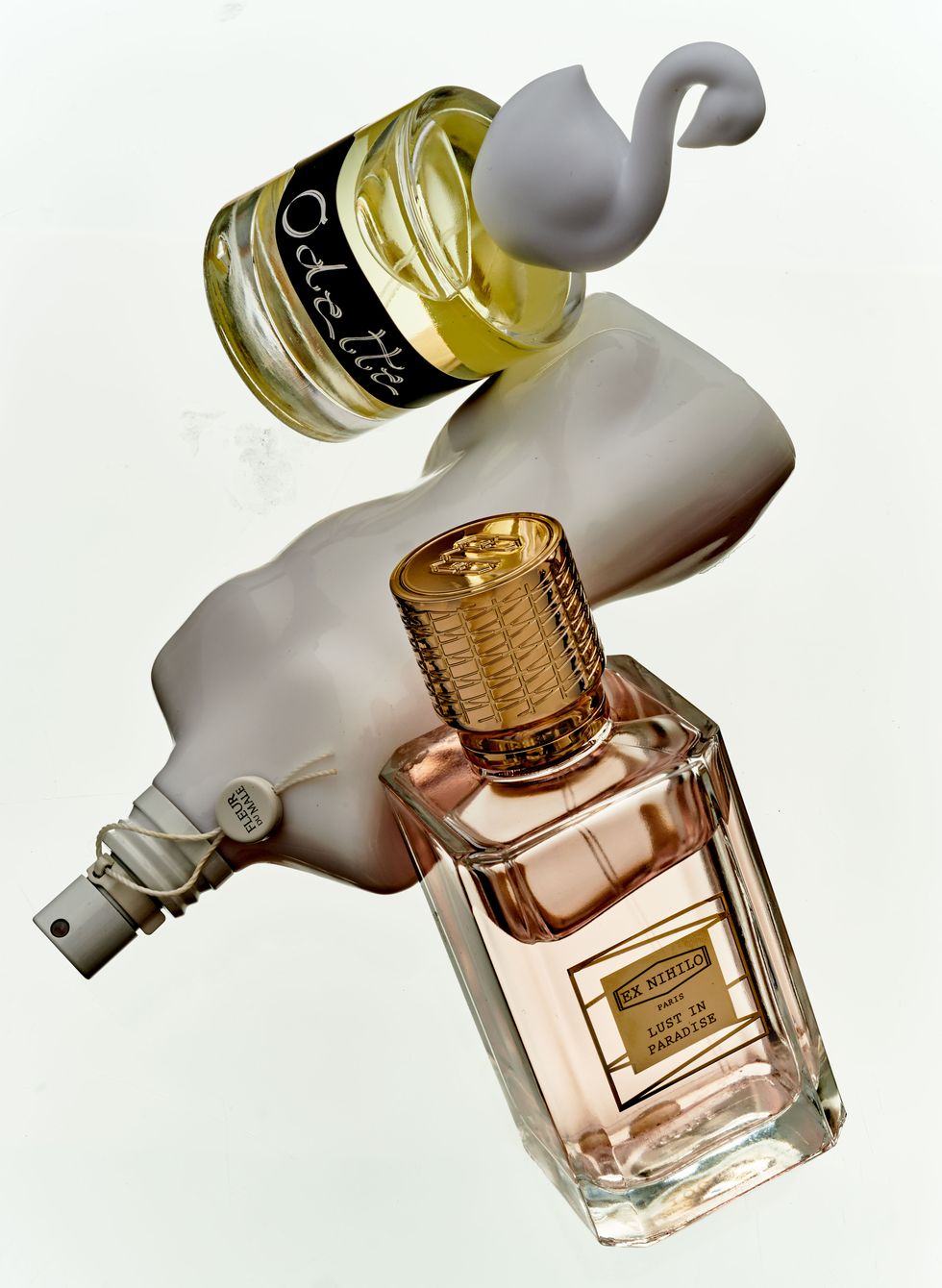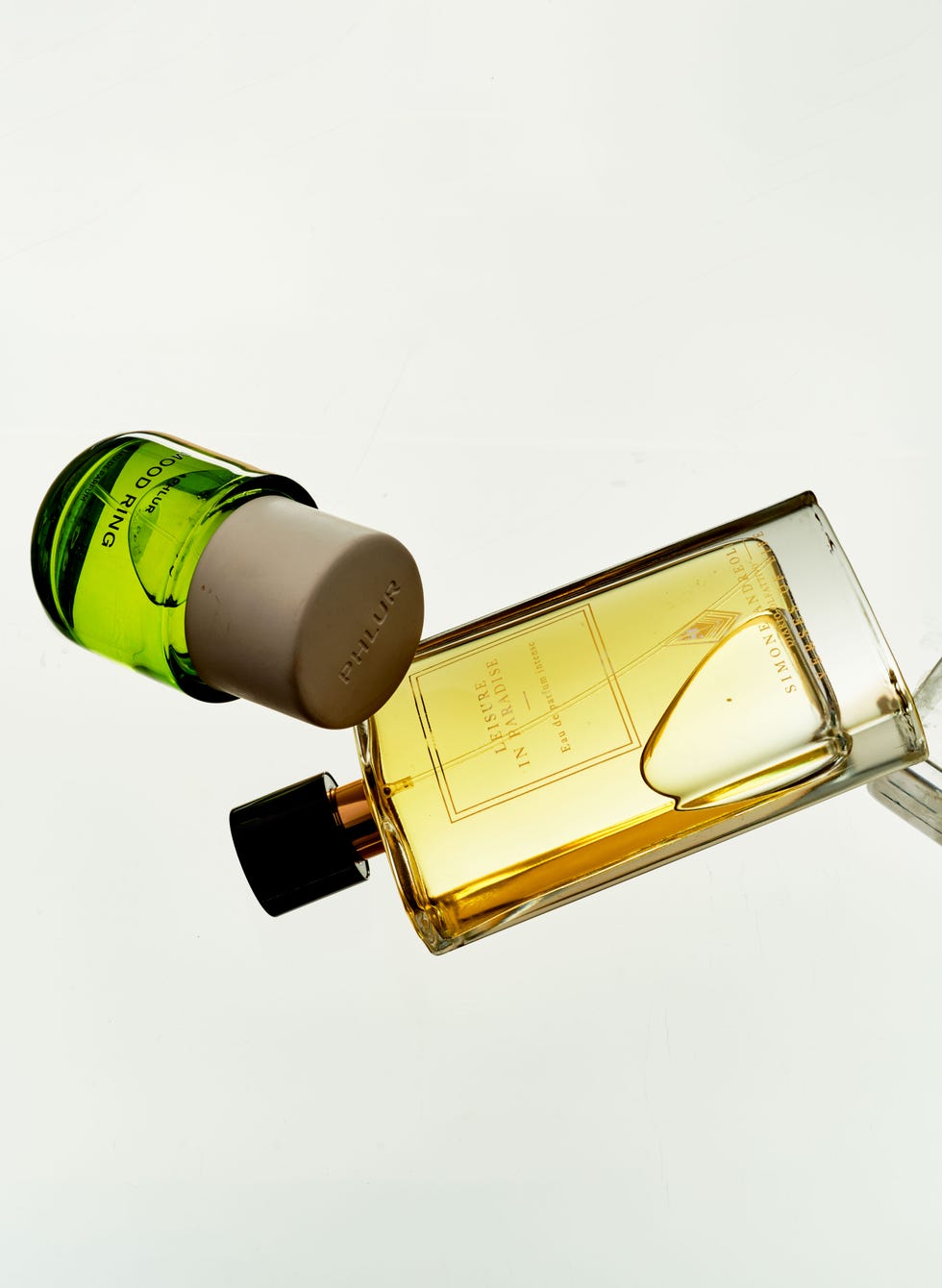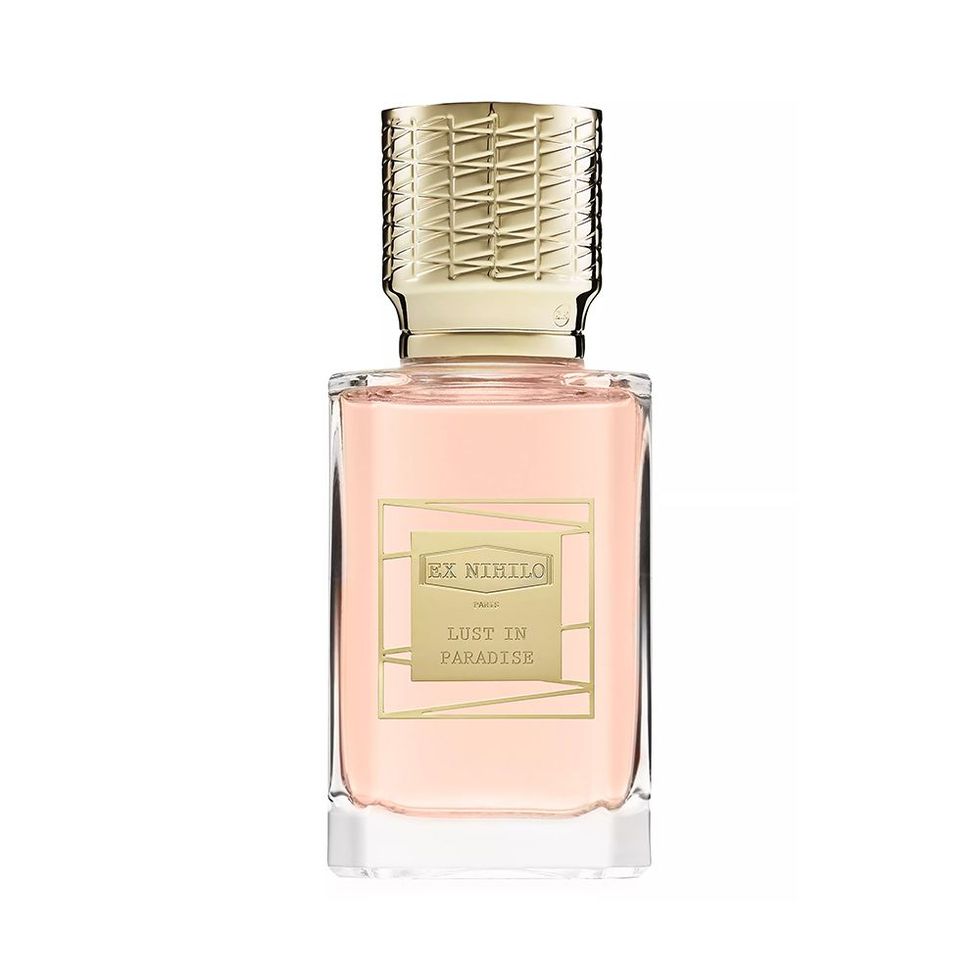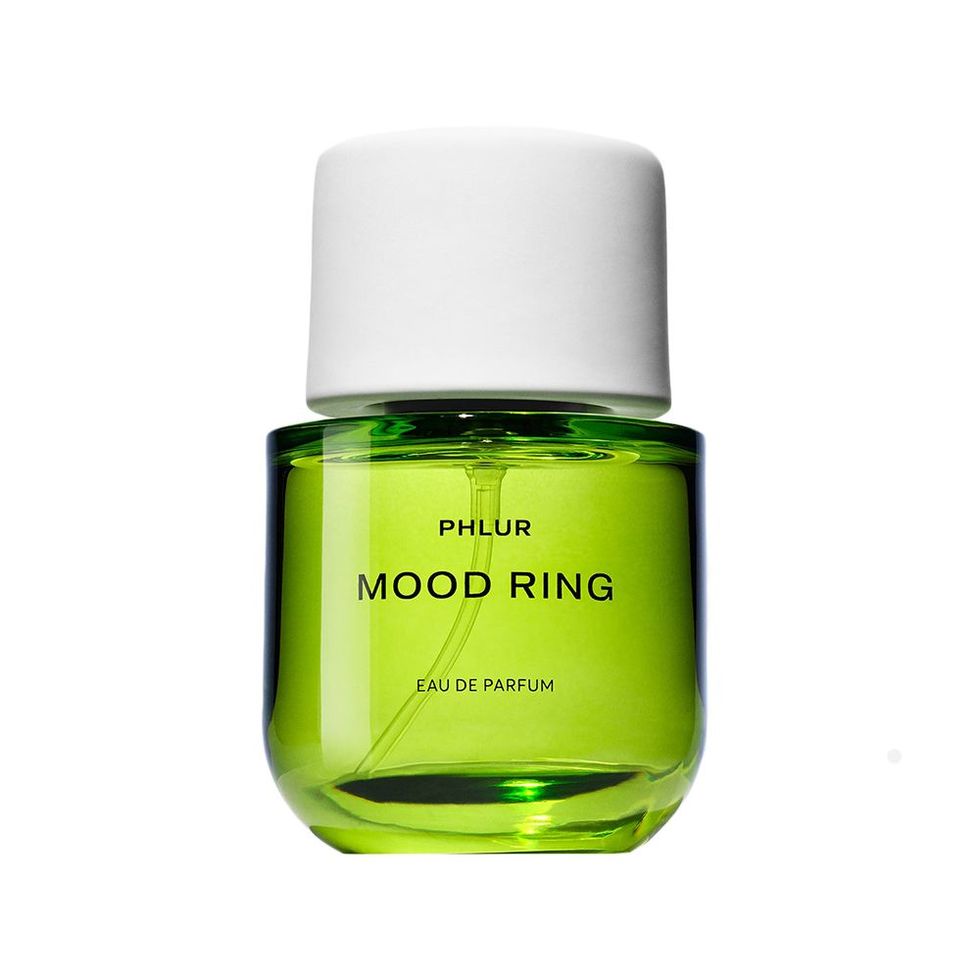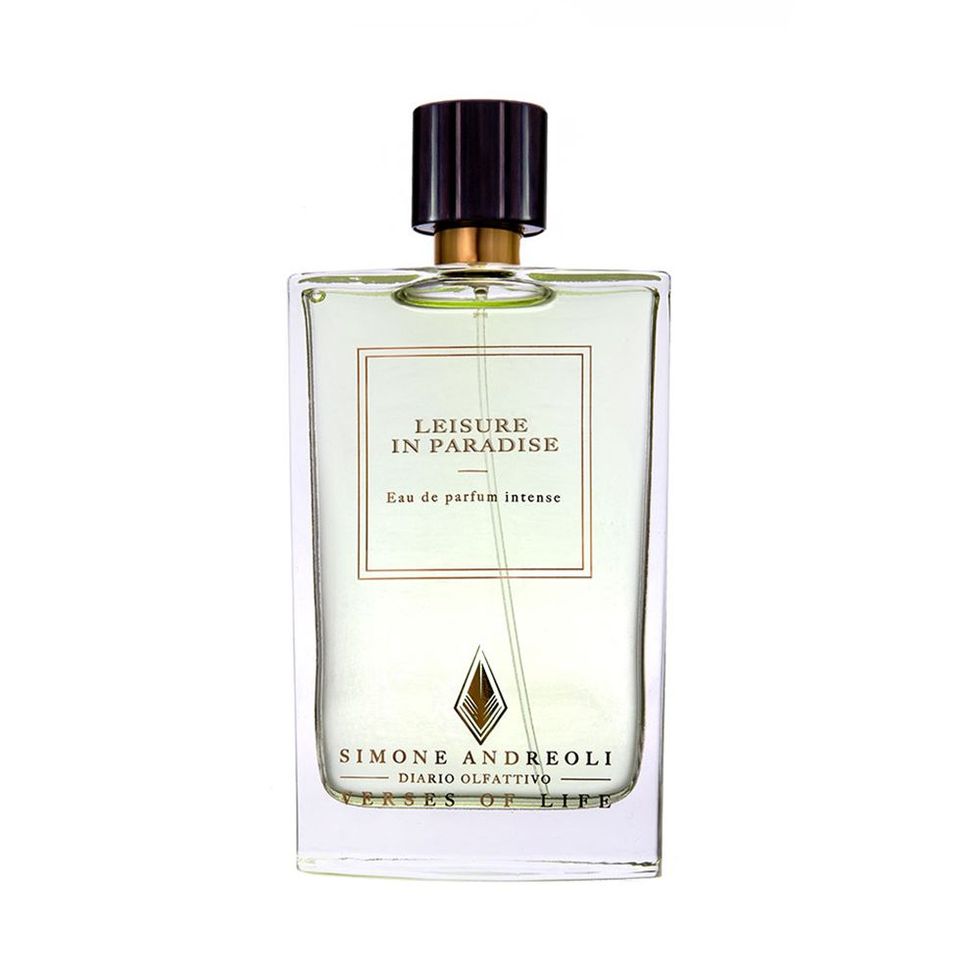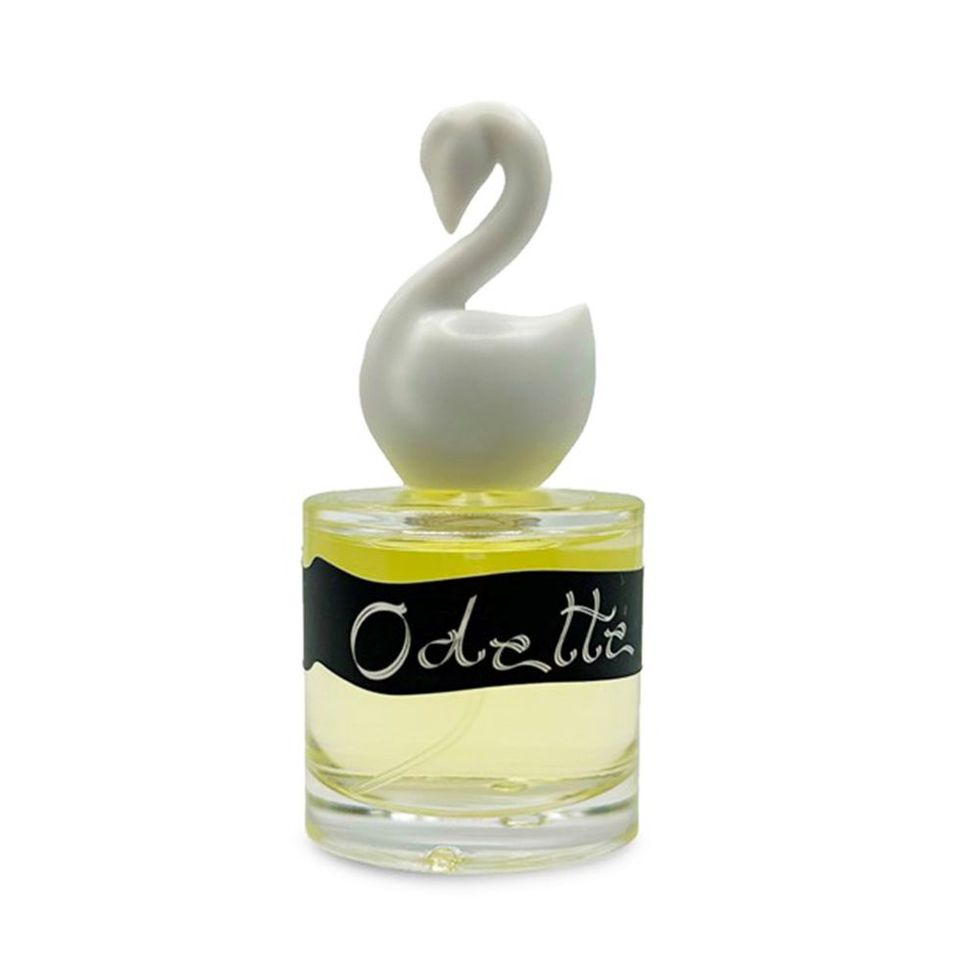Your name may not be Taylor Alison Swift, but you’ve gone through some eras, especially when it comes to scents. Let’s recall your personal Fragrance Eras Tour: Your teenage years, puzzling over whether you wanted to smell “clean” or “fresh.” Then the “School Dance Scents” era. Maybe you had a “Sure, I’ll Sample the Perfume in This Club Bathroom” era. Perhaps a CK One, Flowerbomb, Baccarat Rouge, or all-of-the-above era. And now? You have a chance to be in your most powerful scented era of all. It’s never been easier, more exciting, or more thrilling to smell like nothing you’ve ever experienced before—and exactly what you’ve always wanted.
“Remember this time,” Inter Parfums, Inc. chairman, CEO, and cofounder Jean Madar boomed at me when I met him back in November. As head of one of the biggest manufacturers and distributors of fragrances and cosmetics in the world, he was boisterous: Fragrance sales for the third quarter were at an all-time record. “There’s never been a moment like this,” he says he tells his employees, citing the past four years of growth. #Perfumetok confirms the huge surge of interest in scent, with the hashtag drawing billions of views. Funmi Monet, a fragrance and beauty content creator, describes its appeal: “You don’t have to be a certain size; you don’t have to be Kendall Jenner, or even super-rich,” to put on a fragrance and feel more seen (or smelled).
It’s a particularly exciting time for indie brands, rare perfumes, or what I’m calling niche-niche perfumes. Franco Wright, cofounder of Luckyscent.com, one of the biggest online retailers for this subcategory, describes it as “true niche”: “artistic, independent-driven brands that are often less distributed and usually very creative and unique in their composition.” Think Byredo before it became a household name. Think of eclectic scents like the unapologetically lewd Sadonaso by Nasomatto, which smells like…well, accounts vary, but just look it up. Think of a perfume from a big house that you can only buy in certain parts of Europe and Asia that has Fragrantica in a tizzy (like Yves Saint Laurent Beauty’s Babycat) or a specific vintage edition of a Jean Paul Gaultier scent that goes for hundreds on eBay. Think of small perfume brands that don’t have to do any market testing and have to please no one but their creators—people like the visual artist Andrea Maack of Iceland, and Marissa Zappas of New York City.
Zappas started her career as a receptionist at Givaudan, and now, with her legions of fans (including Kacey Musgraves), she could be the perfume laureate of downtown New York (as Tynan Sinks, a beauty writer and co-host of perfume podcast Smell Ya Later, put it, “How did we all start fucking talking about Marissa Zappas who we love?”). Her fragrances are often created for friends, like the astrologer Annabel Gat, the muse behind Annabel’s Birthday Cake. Not quite Funfetti, the scent has notes of balloon, tuberose frosting, fresh-out-of-the-oven cake, and lemon sugar (with just a hint of Cabbage Patch Kids doll, according to one reviewer). Rooted in nostalgia, with inspirations like Swan Lake and Elizabeth Taylor, Zappas’s creations touch on the current bow-bedecked nerve of girlhood.
Zappas wants perfume to be different. She doesn’t do any advertising, and not much social media, yet customers do “tend to find me,” she says. “There’s so much potential in storytelling with perfume, because it’s so abstract. I wanted to explore the possibilities and create perfumes that weren’t necessarily just reiterations. I really love old Dior perfumes, and my goal is to reach people who might originally have reached for [it]. I certainly have worn commercial perfumes, and found comfort in the fact that my best friend was also wearing it. This is part of why we wear perfume—to share in these moments. But at the same time, I think we live in an increasingly individualist society, and everybody wants to have the most unique, the most special, the most different smell.”
Wanting to smell different is becoming an increasingly ardent form of self-expression, the ultimate invisible and rare accessory. “Consumers have gone from one signature fragrance, to a collection,” says Linda Levy, President of the Fragrance Foundation. Tom Bloom, marketing and relationships manager for Black Phoenix Alchemy Lab, which has collaborated on perfumes with Neil Gaiman, makes a parallel to the search for vintage. “It’s comparable with the rise of thrifting in terms of looking for special items that are perfect and have a story.” With non-mainstream perfumes, the inspiration behind them can often be more complex and unusual, combining smell with fiction as a point of difference. Jane Dashley, the blogger known as Sea of Shoes, is a fragrance collector and enthusiast who started a niche perfume site, Fragraphilia, with her husband Jeff, followed later by a companion podcast. She tells me about Stora Skuggan, a Swedish company whose perfume Thumbsucker spins the tale of a king becoming pregnant after mistakenly drinking a potion made by sages for the queen. Its notes include honey, cherry, and Himalayan Cedar Bitter Almond—a redolent take on a hangover. The bottles, with their exaggerated orb caps, look like they could eat Harry Styles’s Pleasing.
Non-mainstream perfumes can also give perfumers the chance to try more unusual notes. “If you have a client who’s willing to go all the way out there, you can really explore uncharted territory, and that’s quite exciting,” says perfumer Frank Voelkl, the nose behind Le Labo’s Santal 33 and many other once-niche scents. His creation, Mood Ring by Phlur, captured something new for me—the feeling of going into a Japanese grocery after school and ripping open a sleeve of Hi-Chew candies. Sometimes, all the experimenting can result in more unusual perfumes that take some time to appreciate and go beyond the general desire to smell good. Jeff Dashley tells me about a perfume called Ambilux by Marlou. “I wouldn’t wear it to go visit my mother. It’s such an [initial] straight urinous blast. Sometimes there are thingsthat challenge you. But you start to look past those type of things and see the elevated artistry behind it.” (It’s still not a luncheon perfume, however, he confirms.)
Even as everyone wants to smell different, there can be community in bonding over your favorites. When you become fluent in ambroxan and ethyl maltol and follow the creations of your favorite perfumers, you want to meet others who speak the same language. “Among young women, niche perfume is becoming more and more an important type of social currency, a status symbol, and a great way to relate to other girls. People are genuinely making friends from this hobby,” Jane Dashley tells me. Because fragrance is so subjective, there aren’t really any wrong answers, which helps safeguard against internet toxicity.
Ultimately, niche-niche perfume isn’t about anyone but you, the main character of your own story. “Fragrance used to be about who you wanted to be,” says Tynan Sinks, cohost of the scent podcast Smell Ya Later. “But now it’s about who you are today, which might not be the same tomorrow.”
A version of this story appears in the March 2024 issue of ELLE.

